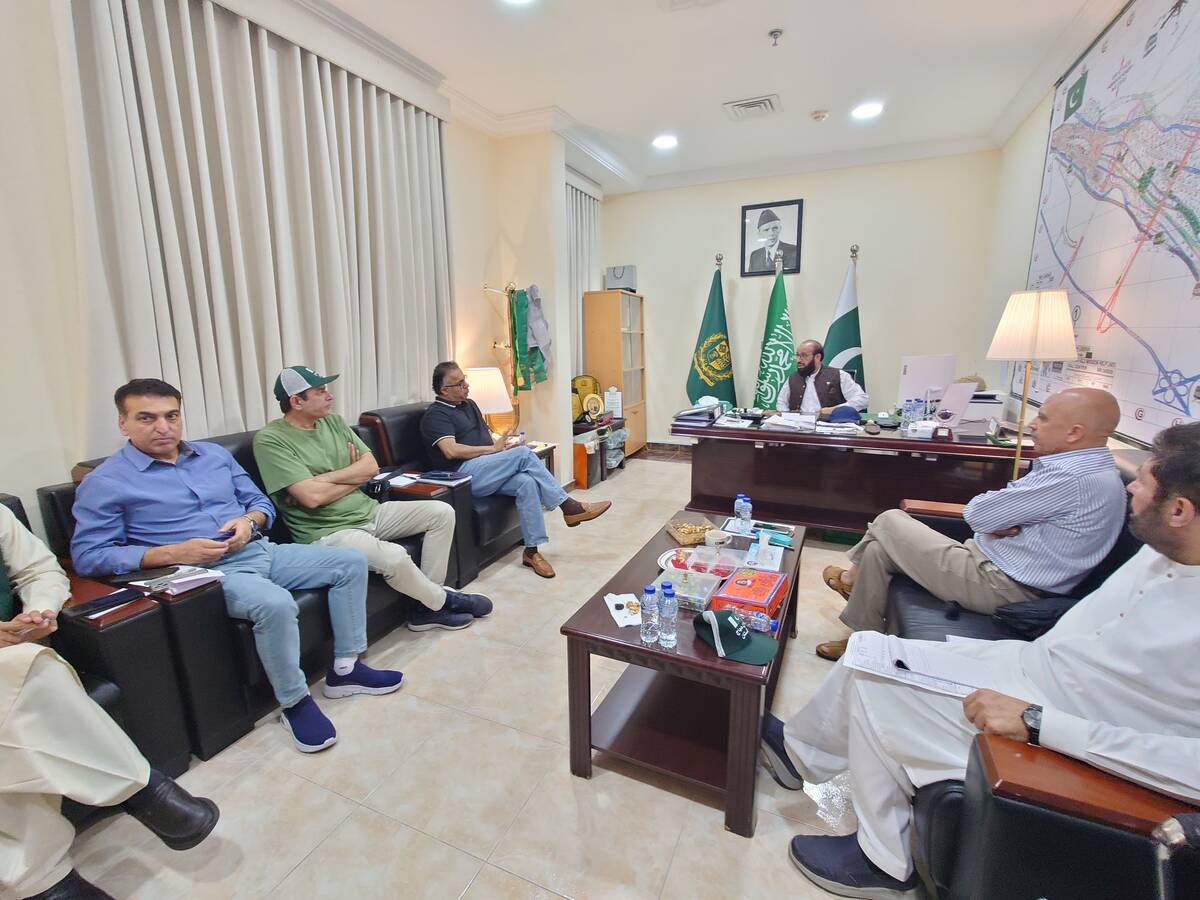COLOMBO/ISLAMABAD: Officials in Colombo and Islamabad said on Sunday the remains of a Sri Lankan man who had been lynched in Pakistan this week over alleged blasphemy would be flown to his home country on Monday.
A Muslim mob on Friday attacked and killed Sri Lankan Priyantha Kumara and burned his body publicly over allegations he had committed blasphemy in the northeastern city of Sialkot.
Blasphemy is considered a deeply sensitive issue in Pakistan, and carries the death penalty. International and domestic rights groups say accusations of blasphemy have often been used to intimidate religious minorities and settle personal scores.
“The body of Diyawadanage Don Nandasiri Priyantha Kumara, who was killed by a mob in Sialkot, will be ferried to Colombo by SriLankan Airlines,” Sri Lanka’s foreign ministry spokesperson, Sugeeshwara Gunaratne, told Arab News.
“We have made all arrangements with the support of the Pakistan High Commission in Colombo to bring back the body from Lahore to Colombo,” he said. “The human remains will be received by the next-of-kin at the Colombo airport.”
Kalsoom Jillani, a press officer at Pakistan’s High Commission in Colombo, also told Arab News Kumara’s body would be repatriated on a special flight from Lahore on December 6.
Chameera Munasinghe, a counsellor administration at the Sri Lankan High Commission in Islamabad, said members of Kumara’s family would not be flying to Pakistan to retrieve the remains as the “Sri Lankan High Commission is handling everything.”
Pakistani leaders, including Prime Minister Imran Khan and Foreign Minister Shah Mahmood Qureshi, have said Islamabad is working closely with Sri Lankan authorities on the case. Top Pakistani leaders have promised accountability as Sri Lankan leaders have demanded that Islamabad ensure justice.
Few issues are as galvanizing in Pakistan as blasphemy, and even the slightest suggestions of an insult to Islam have been known to supercharge protests and incite lynching. Perpetrators of violence in the name of blasphemy often go unpunished.
But on Saturday, police said they had arrested over 230 people in the case and filed police reports against 900 workers of the garment factory, Rajco Industries, in Sialkot. Uggoki Station House Officer (SHO) Armaghan Maqt lodged the cases under several sections of the Pakistan Penal Code and the Anti-Terrorism Act.
Speaking to the BBC on Saturday, Kumara’s window Niroshi Dasaniyake, pleaded with both Pakistani and Sri Lankan leaders to ensure justice for her husband and the two children who survived him.
“My husband was an innocent man,” she told BBC Sinhala. “I found out from the news that after working abroad for so long he had been brutally murdered. I saw on the Internet how inhuman the killing was. I appeal to the Sri Lankan president and the Pakistani prime minister and president to conduct a fair investigation so my husband and our two children get justice.”
On Saturday, Pakistani media widely reported on a preliminary investigation report in the case that said the Sri Lankan factory manager was not popular with workers who had lodged several complaints against him with the owners of the facility, implying that blasphemy might have only been a pretext for his murder.
Sharing the findings of the initial investigation in the case, top news channel Geo News said Kumara “worked as an honest general manager” who looked after production at the factory and strictly implemented regulations.
“On the day of the incident, Priyantha Kumara visited the production unit where he reprimanded the supervisor for not keeping the place clean,” the news channel reported, saying it was the supervisor who then allegedly instigated workers against the Sri Lankan manager.
“According to the police, Priyantha Kumara had asked workers to remove posters and stickers from the walls which were being painted,” Geo News said. “He also took off some posters himself including one with a religious inscription which led to an outcry. However, he apologized to people on the instructions of his factory owners.”
The investigation report also said Kumara did not speak the local language and frequently faced communication problems at work.
While the issue had seemingly been settled after his apology, some workers continued to instigate people at the scene who then physically attacked the manager. Kumara ran to the roof of the factory to hide but was chased by a group of angry workers who then killed him.
As his body was dragged by the mob onto the road, security guards deployed at the building left the facility without making an effort at rescue. The man’s corpse was then publicly set on fire in the presence of a crowd of hundreds of people, many of whom filmed the incident on their cellphones and posted video clips on social media.
Kumara’s post-mortem was completed at Allama Iqbal Teaching Hospital in Sialkot, according to Pakistan’s Dawn newspaper, with the report saying most of his body was burnt and several bones were broken due to the torture he had suffered.

















